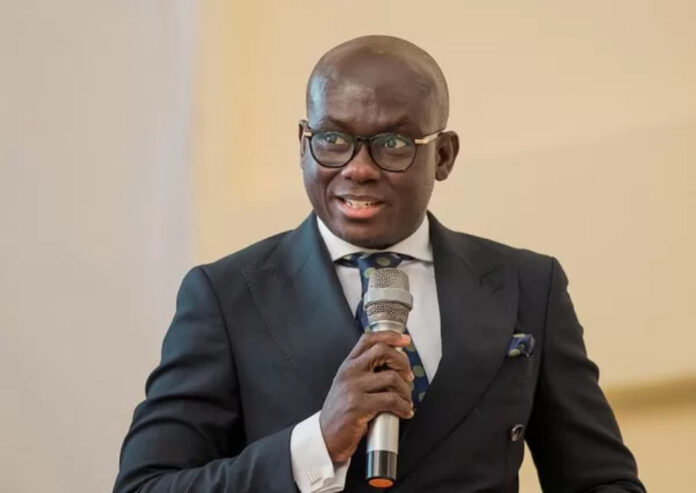Ghana’s Attorney-General and Minister of Justice, Godfred Yeboah Dame, has called on African nations to fortify their domestic legal frameworks as a means of asserting sovereignty and proactively addressing international crimes.
He emphasized that effective criminal prosecution begins with a solid national legal foundation, stating, a robust legal system at the national level is essential to investigating and prosecuting international crimes independently.
Speaking at the 23rd Session of the Assembly of States Parties to the Rome Statute of the International Criminal Court (ICC) in The Hague, Dame stressed the need to reduce dependency on external judicial bodies by establishing strong, self-sufficient national legal systems.
He further noted that the ICC, while crucial, cannot address all international crimes that occur within individual countries’ jurisdictions.
Dame suggested that African countries should consider adopting the Rome Statute or creating specific laws that classify crimes such as war crimes, genocide, and crimes against humanity, ensuring that punishments align with international standards.
He argued that this approach would demonstrate national sovereignty and reduce the need for ICC intervention by promoting accountability within domestic systems.
Linking strong legal frameworks to the broader principles of democracy, Dame pointed out that a democratic society, grounded in constitutional governance, security, and freedom of expression, inherently reduces the chances of atrocities like genocide and war crimes.
The Attorney General also discussed the ICC’s principle of complementarity, which prioritizes national efforts to prosecute international crimes before involving international courts.
He praised the Court’s global efforts but stressed the importance of strengthening partnerships with local authorities to build national capabilities that support the ICC’s work. He referenced the Central African Republic as a successful example of such collaboration.
Mr Dame reaffirmed Ghana’s commitment to the ICC’s mission and pledged continued support for the Court’s efforts. However, he also stressed the importance of geographical neutrality in the ICC’s approach to justice.
He welcomed recent ICC initiatives, including investigations outside of Africa and the establishment of field offices, which he believes will help combat perceptions of bias. Dame also voiced support for ongoing ICC reforms, such as the Review Mechanism and the Independent Oversight Mechanism, aimed at improving the Court’s efficiency.
In terms of ICC staffing, Dame called for fairness in recruitment, advocating for geographical and gender diversity. He argued that a diverse workforce would enhance the Court’s effectiveness by incorporating a range of perspectives and experiences.
Additionally, he mentioned the Africa Centre for International Criminal Justice (ACICJ) at the GIMPA Law School as an example of the country’s dedication to the ICC’s mission.

